Mobility in Europe
Ostfalia University staff acquire key skills and are encouraged to think innovatively and internationally through mobility activities in Europe. As numerous studies, including the Erasmus+ Impact Study, demonstrate, Germany's position as a centre of research, education and science depends on having a workforce with these skills. Furthermore, exchange programmes, internships abroad and other mobility activities promote mutual respect, trust and a sense of European community. Ostfalia can also increase its attractiveness as an academic institution and as a cooperation partner in international competition through such mobility activities and the resulting developments.
Support is provided under the EU's Erasmus+ education programme not only for student mobility (SMS), but also for the mobility of teaching staff (STA) and other staff (STT).
This support is intended to promote internationalisation and enable teaching and other staff to develop personally, socially and professionally.
Mobility for further education and training
The ERASMUS programme supports stays abroad for all university staff at universities and educational institutions in programme countries through its ‘Staff Mobility’ (STT) programme line.
Such stays provide university staff with the opportunity to exchange professional knowledge, strengthen their skills and expand their networks.
This support is intended to promote internationalisation and enable teaching and other staff to develop personally, socially and professionally.
funding conditions
Funding is available for stays at partner universities with a valid Erasmus Charter and at foreign institutions in programme countries that are active in the labour market or in the fields of general and vocational education or youth.
Who can participate in a mobility programme for further education and training purposes within the framework of Erasmus+?
STT funding is available to university staff from all areas:
- General & technical administration
- Library
- Faculties
- Finance
- International Office
- Public relations
- Student counselling
- Technology & transfer
- Further education.
The guidelines on mobility for further education and training can be found here.
Erasmus+ STT training formats
Further training formats offered by the STT programme line:
- Work shadowing
- Job shadowing
- Study visits
- Participation in workshops and seminars
By gaining insight into the working methods and procedures at other institutions in similar fields of activity, you can gain a wide range of insights, valuable ideas and contacts.
What should be promoted?
- Stays based on a coordinated programme
- Professional exchange and new perspectives
- Strengthening your own skills
- Expanding and deepening networks
Procedure
- Submit an application for Erasmus+ staff mobility funding with a letter of motivation to the International Relations Office.
- For non-professors in the faculties, the departmental supervisor or international affairs officer must also sign.
- Once approval has been granted, the participant(s) can download all the necessary forms (Grant Agreement, Mobility Agreement, Confirmation of Stay) from the intranet.
- These completed documents are submitted to the International Relations Office together with the business trip application and forwarded to Department 1 after the booking details have been added. (Purpose of the business trip: ‘Erasmus+ mobility for further education and training purposes’)
- After returning: Submit confirmation of stay with original signature from the host university (first and last working day) to the International Relations Office.
Further information is available here.
The guidelines on staff mobility in the Erasmus+ programme can be viewed here.
Useful links
International Staff Weeks
http://staffmobility.eu/staff-week-search (external link, opens in a new window)
International staff mobility – first-hand experiences
Message in a bottle from Portugal – 13th International Week at the Instituto Politécnico de Setúbal

From 26 to 30 June 2023, our partner university, the Instituto Politécnico de Setúbal in Portugal, invited lecturers, researchers, and International Office staff to the 13th International Week. As part of the Erasmus+ staff mobility programme, I engaged in constructive and personal exchanges with our colleagues from the local International Office (CIMOB) and the School of Education and the School of Business and Administration's mobility coordinators. Topics discussed included: InterAct scholarships for IPS incoming students; a project proposal presentation in the field of entrepreneurship and international internships; an exchange of positive experiences with Erasmus BIPs; and, most importantly, extending the existing Erasmus agreement to the Sports Management programme, which could be implemented immediately.
Alongside exciting presentations and networking with international and national colleagues, the intercultural exchange included a visit to a winery with tastings of regional specialities.
My conclusion is that: Staff mobility is about more than just ‘thinking outside the box’. Exchanging ideas with international colleagues helps to expand and consolidate cooperation, simplify processes and enrich individuals.
I would like to take this opportunity to thank all IPS colleagues for their warm welcome and support!
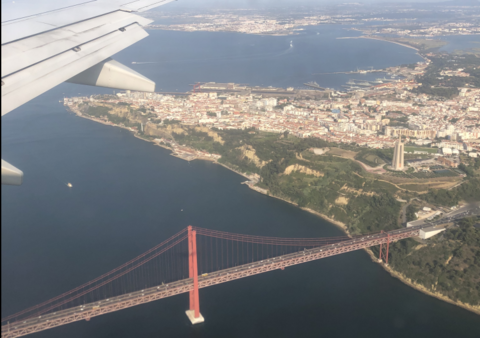
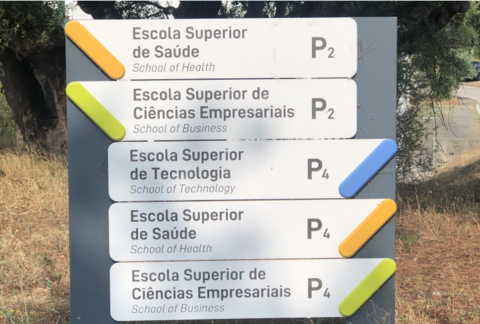
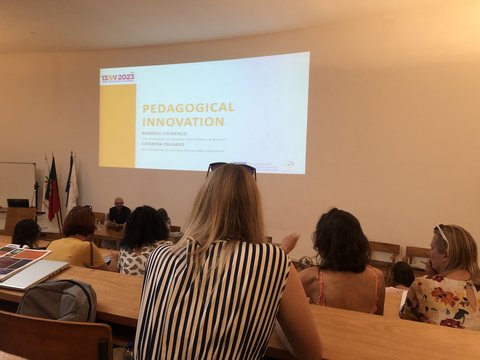
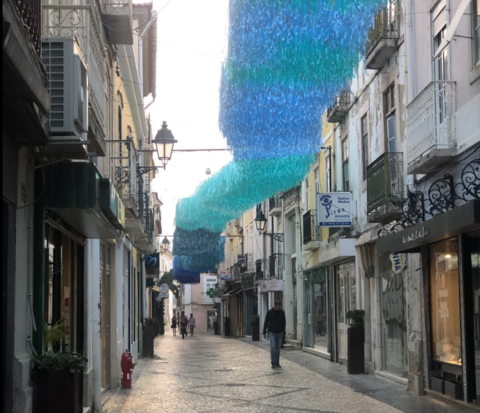
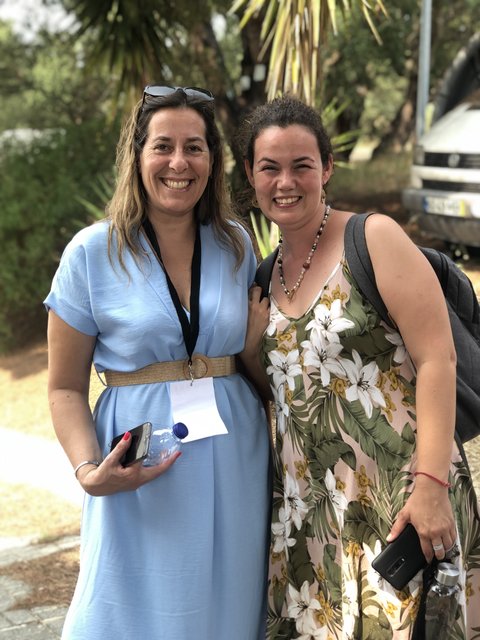
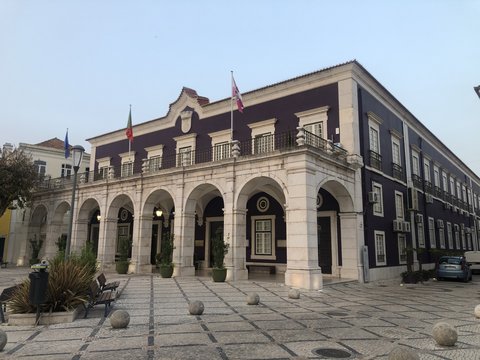
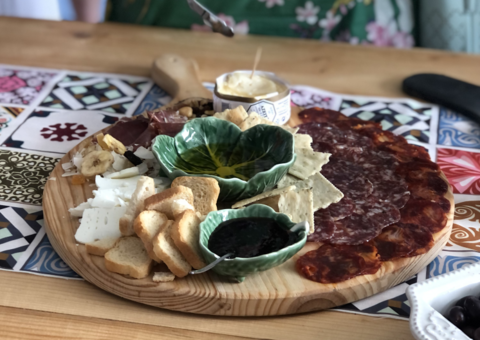
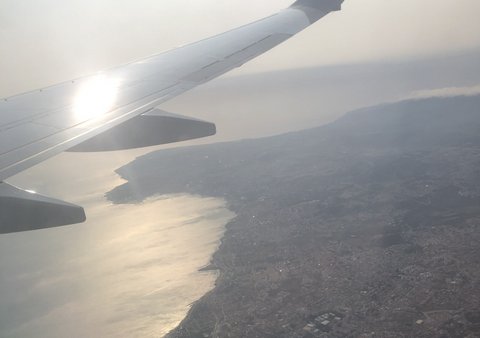








International Week in Setúbal (Portugal)
In this interview, Angelina Capelle (project coordinator at ingenieurregion.de) and Theresa Springer (member of the TransferHub38 project team) discuss their experiences at International Week in Setúbal, Portugal, offering insights into necessary preparations and providing tips for interested colleagues.
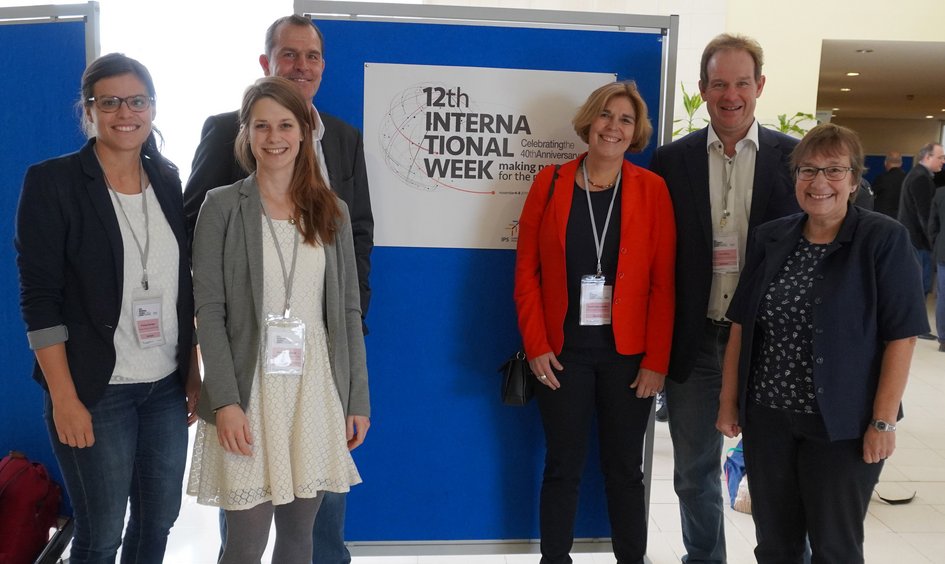
Why did you decide to take part in the staff mobility programme?
Angelina: I had already considered staff mobility before receiving the invitation to International Week in Setúbal. The ‘IngenieurRegion.de’ project that I coordinate focuses on recruiting young talent and securing skilled workers – issues that are important not only in our region, but also in many other regions and countries around the world. That's why I find the prospect of exchanging ideas internationally particularly exciting, as it enables me to learn about new working methods, formats and best practices, which I can then incorporate into the project.
Theresa: I had found out about International Weeks before, but I had previously thought they were purely research-related and not thematically relevant to me. The invitation from Setúbal came at exactly the right time. As part of the EU Strategy FH project that I was working on at the time, I was able to take on the organisation in advance and participate myself.
In what context and where did the mobility take place?
Angelina: In November 2019, we took part in International Week at Instituto Politécnico de Setúbal (IPS) in Portugal, a university with which Ostfalia has collaborated for many years. IPS celebrated its 40^(th) anniversary last year, using this opportunity to invite partner universities from its network, including Ostfalia, under the motto ‘40^(th) Anniversary of IPS – Creating networks for the next 40 years’.
How did the organisation go?
Theresa: We organised our participation in International Week through the Knowledge and Technology Transfer Office, as well as that of the Ostfalia researchers who were there with us. The ERASMUS programme financed our travel to and from Setúbal, as well as our accommodation. Therefore, it was particularly important for us to be in contact with the International Relations Office, which provided us with all the necessary documents and information during the preparation process and after International Week.
As we at IPS received suggestions for travel to and accommodation in Setúbal, as well as the programme for the week, everything was straightforward.
How did International Week go?
Angelina: The IPS put together a programme for the whole week, combining lectures, networking activities and round-table discussions where we collaborated with the other international participants on research topics. As well as a tour of the university, we also got to explore the city of Setúbal and the surrounding area. Alongside the fixed programme, there was always time to chat with the other participants, exchange ideas and network in a relaxed atmosphere.
What was your personal highlight?
Angelina: Definitely the event dinner! The IPS invited all International Week guests to a joint dinner – a 40^(th) anniversary birthday party with views over Setúbal, traditional Portuguese cuisine, a fado singer, and a midnight birthday cake. The evening was great in itself, but what made it our personal highlight was the special atmosphere. Participants from 11 different countries sat together that evening, speaking a variety of languages and representing a range of cultures. The atmosphere was incredibly positive, open and warm.
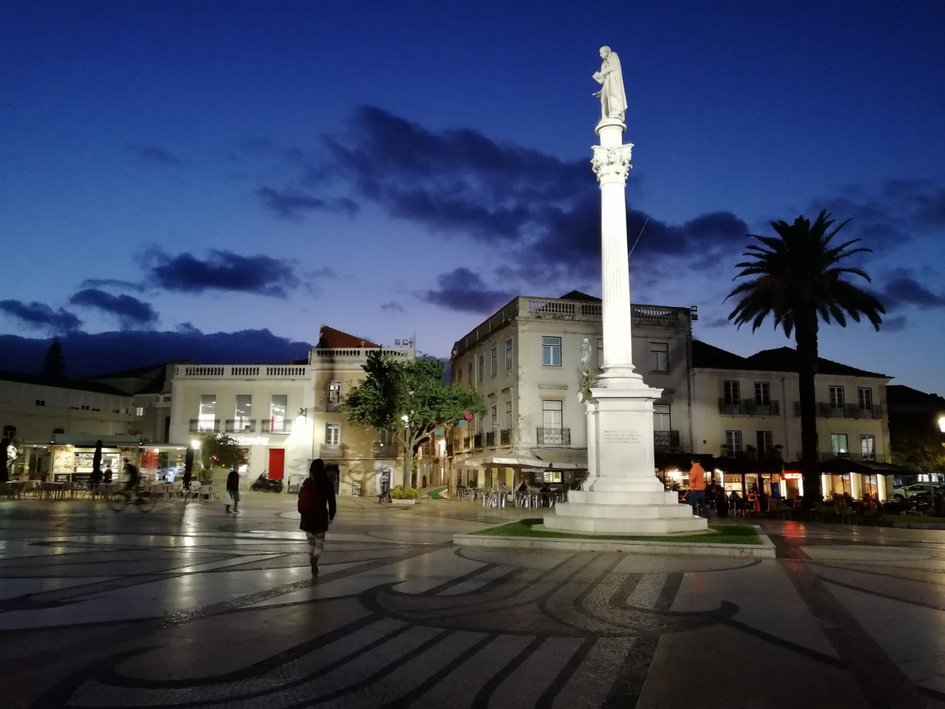
“What did you bring back with you?”
Theresa: Pastéis de Nata (Portuguese custard tarts), wine, and a colourful tablecloth for our office in the Knowledge and Technology Transfer Department, a gift from the university in Uzbekistan.
Joking aside, the Portuguese people's hospitality and warmth was truly special and made us feel welcome immediately. We took away the lesson of being even more open and spontaneous when approaching other people, especially international guests, in the future. During International Week, we made many contacts with universities from all over the world. We also received lots of positive feedback and new ideas for our projects, which we will incorporate into our work.
What could have been better?
Angelina: The programme for the week was already planned and very varied, but not all of the agenda items were of interest to us. Although we were able to suggest research topics for the round tables that were important to Ostfalia in advance, the topics covered in the lectures were rather general. This is completely understandable, given the broad target group that the IPS addressed with its International Week. Next time, however, we would also like to arrange individual appointments in advance to discuss topics of particular interest to us and our projects with colleagues from the host university.
What advice would you give to other university staff planning to participate in an international activity?
Theresa: Do it! For us, International Week was a hugely beneficial personal and professional experience – and we would participate again in a heartbeat.
We would definitely recommend contacting the International Relations Office early on to discuss whether Erasmus funding is available, what applications and documents are required, and anything else that needs to be considered. It was also important for us to hear about the experiences of colleagues at Ostfalia who had already participated in International Weeks or had been guests at IPS themselves.
